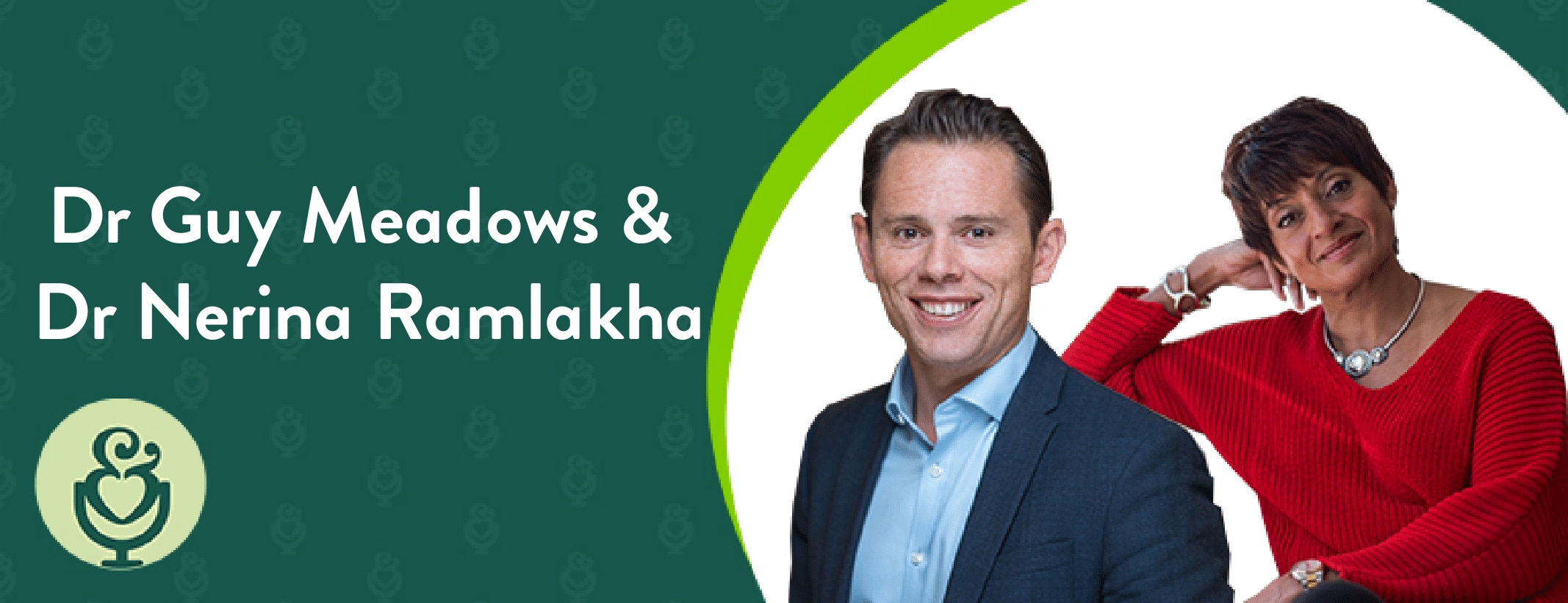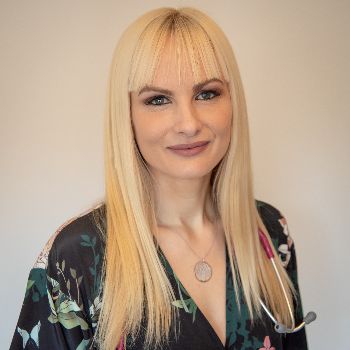S01 E02 | 1h5m | What's stopping you sleeping?

What we're talking about in this episode
Trouble sleeping? A poor night’s sleep impacts us all at some point in our lives but there are things we can do to improve the quality of our sleep. In this episode we discuss:
- The importance of sleep on your health and wellbeing
- Tips on how to get into a sleep rythm.
- Changes you can make to ensure you get a better nights sleep.
With Guests:
- Dr Guy Meadows - Co-Founder and Clinical Director of the Sleep School plus author of The Sleep Book: How To Sleep Well Every Night.
- Dr Nerina Ramlakha - Physiologist, sleep therapist and author of Tired But Wired: How To Overcome Your Sleep Problems, Fast Asleep Wide Awake and The Little Book Of Sleep
How to sleep better - Series 01 Episode 02 of The Wellness Edit
The expert guide to sleep
Since the March lockdown was announced, nearly two-thirds of us feel our sleep has suffered. Dr Guy Meadows, co-founder of the sleep school and author of The Sleep Book: How to Sleep Well Every Night and Nerina Ramlakhan, physiologist and sleep therapist, and author of The Little Book of Sleep reveal the secrets of satisfying slumber.
Tune in for timings
“Seven or eight hours a night is good to aim for, but we’re all unique. I encourage people to listen to how they feel”, says Nerina Ramlakhan. We all have our ‘Achilles heel’ when we get run down, whether it’s cold sores, a sore throat or migraines – pay attention to what happens to you when you’re not getting enough sleep, and you’ll start to become more attuned to how much you really need.”
Get into a rhythm
“Regularity is my number one piece of advice”, says Meadows. “Going to bed and getting up at the same time, eating at roughly the same time, exposing yourself to light at the same time, moving at the same time – that is a gift for our internal biological systems. Ask yourself ‘did I wake up feeling refreshed?’ If you did, you’re getting the right amount of hours, if not, perhaps you stayed up a bit late watching Netflix, perhaps you stayed awake worrying or maybe the quality of sleep was reduced by what you do during the day.”
Lessen the impact of light
“Researchers followed people in their lit-up city life, then took them to the Canadian Rockies where the only light sources were fires, stars and sunlight and within five days, the gap between owl and lark tendencies narrowed significantly”, says Meadows. “Two hours before going to bed start darkening down - switching on side lamps, reducing the brightness of devices, switching on blue filters.”
Waking up is OK!
“Waking up during the night is completely normal”, says Ramlakhan. “Some research shows that we’re biphasic, so we sleep, then wake up in the early hours to check whether it’s safe to go back to sleep. What isn’t normal is to then look at your phone, check the time, check the share prices, dive into your social media - all of that stops you getting back to sleep.”
Don’t leave the bedroom
“The traditional advice was that if you’d been awake for 15 minutes, you should get out of bed and go and do something else. The rationale is that you don’t want to lay in bed struggling, because you’ll end up associating bed with anxiety and that will perpetuate that situation”, says Meadows. “Rather than getting out of bed, lie in bed and get the benefits of resting, not struggling.”
Give sleep some respect
“Make sleep a priority”, says Guy Meadows. “It’s an incredibly powerful, health-providing, performance-enhancing tool that we can do every single night, so ring-fence it. Watch one fewer Netflix episode for a couple of weeks, and see how you feel.”
Want to learn more? Listen to more episodes The Wellness Edit podcast here.







